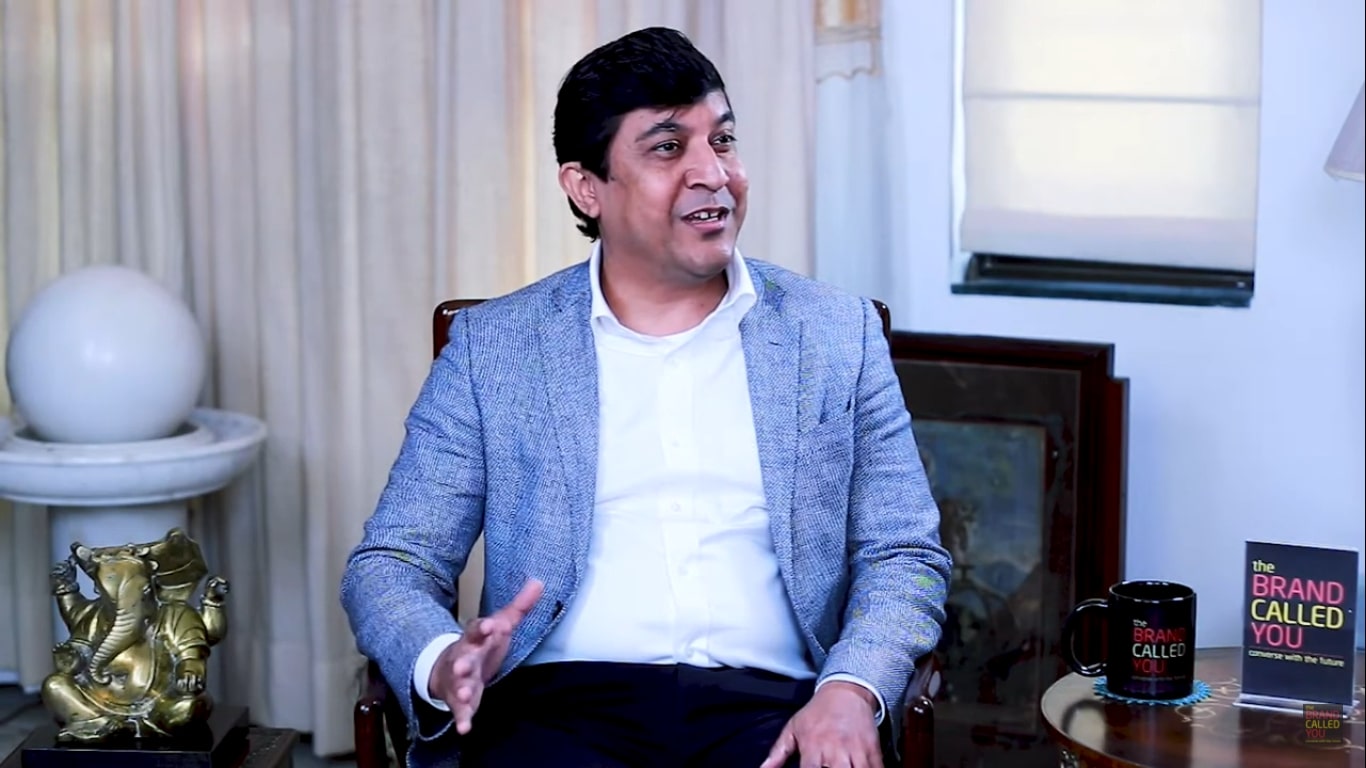Podcast: Play in new window | Download
Follow TBCY RSS
Manit Jain is the co-founder of Heritage Schools and is on a quest to transform the education sector in India completely. His father dreamt of creating good schools with essentially one motive – to create good human beings. Manit wanted to take that dream forward, but he remembers when he first walked into a classroom all those years after school, it brought back some horrible memories of his own school. He realized that something must be horribly wrong with the system to feel this way all those years later. That was when Manit decided that something needed to be done differently.
He got involved in the functionings of the school his father built by vetting the curriculum and having constant dialogues with teachers. He soon realized that people had given up on systemic constraints and he kept facing negativity for any proposed change because people believed that the system was too rigid. He took to regular discussions with school leaders and gained some invaluable insights into the existing education system. He decided that schooling needed to move from a hard duty for the child to something that comes with a sense of relevance.
How they are doing things differently
“At Heritage, we focus mainly on three things – relationships, relevance and rigour. In normal schools, they are mostly centered around rigour, that too mindless rigour. We decided to start with relationships. So first, create a psychologically safe space for the child where they can be themselves, express themselves, make mistakes and fail. They do not fit to the curriculum but vice versa. This creates a sense of relevance as we do not box the curriculum into subjects.”
The learnings at Heritage are incidental and a progression to the theme and project-based curriculum. It progresses naturally and not in a hardened fashion. The rigour then follows. It is an outcome of relationships and relevance and children pick up learnings very quickly.
On how kids will adjust to the existing system later
A common question Manit faces is that children do ultimately need to fall back into the existing system for higher education – be it class 12 boards or college. How do they cope then? When Heritage completely flipped over their ways in 2005 – they got rid of tests until grade 8, uniforms and the system of periods and subjects. Parents objected saying that their children could not be guinea pigs in this experiment. To which Manit replied “Anything would be better than the existing system. Any experiment would lead to an improvement.”
Manit, of course, was counting on some very successfully established global models of education, but parents were apprehensive about their kids not being prepared for the ‘real world’ which they would ultimately have to return to. Manit believed that if the childrens’ fundamental concepts were in place, board exams would not be a problem.
Manit however, admits that it is only Grade 10-11 till when they can stay more or less aligned to their philosophy. By grade 12, they have to shift massively to the existing system and push kids more than they usually do. Nevertheless, students do exceedingly well and the school regularly emerges in the top 10 performing CBSE schools.
What made you stop conforming
“My conviction in the idea was very very strong. But it started with what I did not want.”
Manit went to some alternative educational institutions in the country such as Krishnamurthy schools, Sri Aurobindo school. He saw some fantastic work happening there. He spoke to many of these evolved educators but they told him that a similar approach was not possible in the mainstream environment. Their students were children of elitist parents who did not care about traditional measures of success. Moreover, they were dealing with limited children and in a very spiritual environment developed over decades. That was when Manit found his calling.
He decided that these models could serve as inspiration but there needed to be a system created in the mainstream as well.
How is education evolving for the masses
“I can count on my fingers, between both private and Government, schools where any real work is happening.”
Manit says that India is very challenging and one cannot just blame the government. “Our primary education system only came into focus in 1969 – 22 years after independence. To expect quality education when even basic literacy is a challenge is not completely fair. And from people who themselves have not received quality education. Teachers also face this. Out of 17,000 B.Ed. Colleges, about 16,000 don’t even require classes.”
Even though literacy has increased to over 80% now, Manit says that it means very little. “People can read and write, but can they comprehend? Can they apply that knowledge?”
“We need to invest in leadership development for schools. We still do not have a single university that offers a course of this nature. The best performing teacher becomes the principal. In most cases, you lose a good teacher and you don’t have a good principal.”


